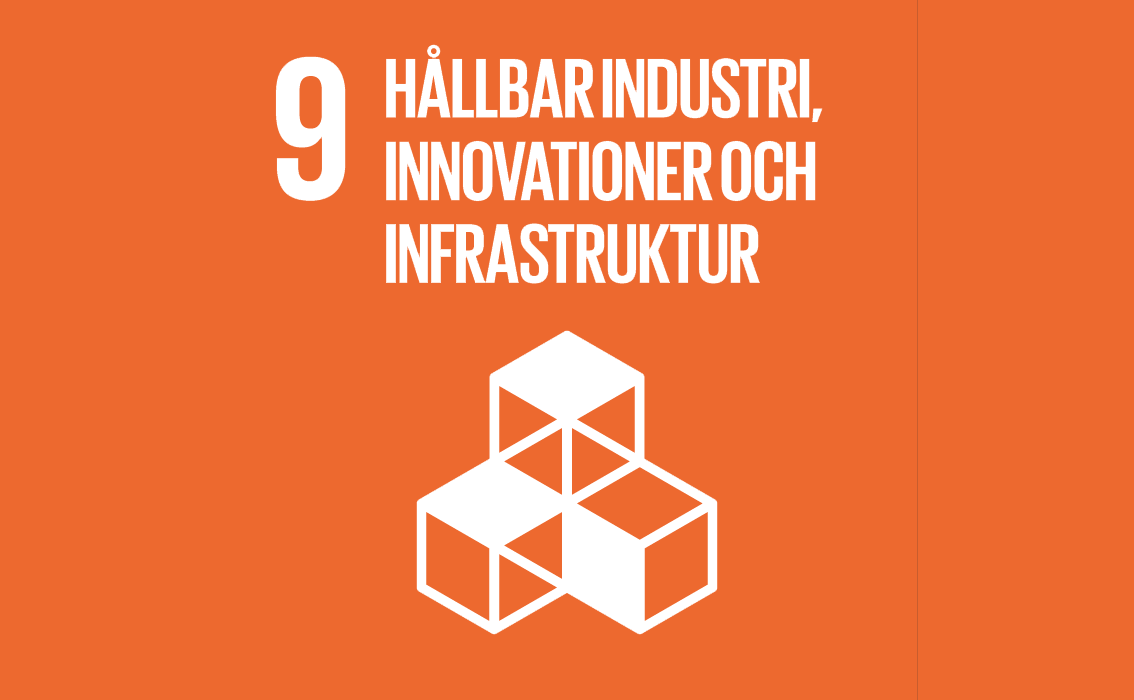MobiFog: mobility management in Fog-assisted IoT networks
MobiFog focuses on designing novel mobility management protocols for IoT networks through enhancing the IoT architecture, enriching by the Fog computing concept.
Avslutat
Start
2019-01-01
Avslut
2022-12-31
Huvudfinansiering
Forskningsområde
Forskningsinriktning
Projektansvarig vid MDU
Background
Traditional IoT networks generated by wireless sensor networks were using static nodes, whereas future IoT networks will require mobility of nodes. The efforts on standardizing Internet Protocols at the IETF for IoT networks were neglecting mobility management protocols. Most standard mobility management protocols such as Mobile IPv6 and its variants have high signaling overhead owing to tunneling and binding operations and are considerably complex, incurring high processing overhead. Additionally, the current standard mobility management protocols are neglecting constrained networks with limitations in channel bandwidth, packet size, sleep mode and unreliable links.
Goal of the project
MobiFog focuses on designing novel mobility management protocols for IoT networks through enhancing the IoT architecture, enriching by the Fog computing concept. We are envisioning a mobility management solution for constrained networks that encompasses (i) efficient hand-off algorithms for smooth transitions of mobile nodes through a cooperative decision making by the mobile node and the software defined networking controller, and (ii) dynamic scheduling of data transmission through designing on-the-fly scheduling modules. This project will involve extensive probabilistic analysis and optimization algorithms, followed by emulations and real-world experiments for verification.



